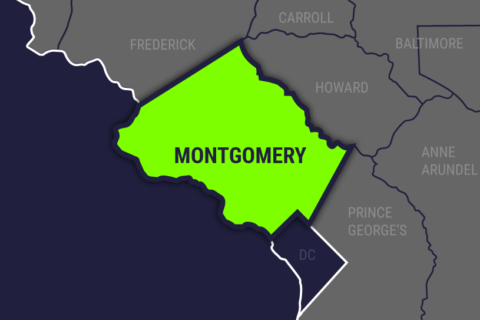WASHINGTON — Montgomery County’s Council adopted a $5.08 billion dollar budget for 2016 that includes $2.3 billion dollars for Montgomery County Public Schools. Montgomery College will get $309 million dollars under the budget approved by the county council on Thursday.
The budget voted on by the county council includes $271 million for the police department. That includes funding a pilot program to test body cameras for police. The county’s fire and rescue service will get $222 million. Part of that funding will support a 35-member recruit class.
Library services will see a 7.1 percent increase, and that will allow for the restoration of hours of operation that had been cut during the recession. Hamilton Parker, director of the county library system, explains that means hours at Chevy Chase, Potomac, Little Falls, Kensington Park and Twinbrook will be expanded. The earliest the new hours would start would be in October. Hours will vary by branch.
The council vote on the budget was 8-1 with council member Nancy Floreen objecting to the failure of the council to reduce the rate of taxation on the county’s so-called energy tax.
The “energy/fuel tax” is charged to producers, distributors and suppliers of various forms of energy including gas, steam, coal, fuel oil and liquefied petroleum gas. Those costs are passed on to the consumers. Businesses and nonprofits have long complained the boost to the tax in 2010 was far too burdensome.
At the time he raised the energy tax rate, County Executive Ike Leggett pledged it would be sunsetted by 2012. That didn’t happen. Since then, the council has managed to reduce the rate of the tax in budget compromises, but not this year.
Future budget sessions may prove more difficult: the recent Supreme Court decision in the Comptroller of the Treasury v. Wynne case will cost the county between $8-10 million in FY 2016, but Council President George Leventhal said that obligation could grow to $50 million dollars or more in FY 2017 and FY 2018.
The Wynne case stems from a lawsuit filed by a Howard County couple who argued that the state’s tax policy on income earned out of state was a form of double-taxation; forcing them to pay income tax in the state where their business earned money and then again in the county where they reside.
WTOP’s Kate Ryan contributed to this report.






